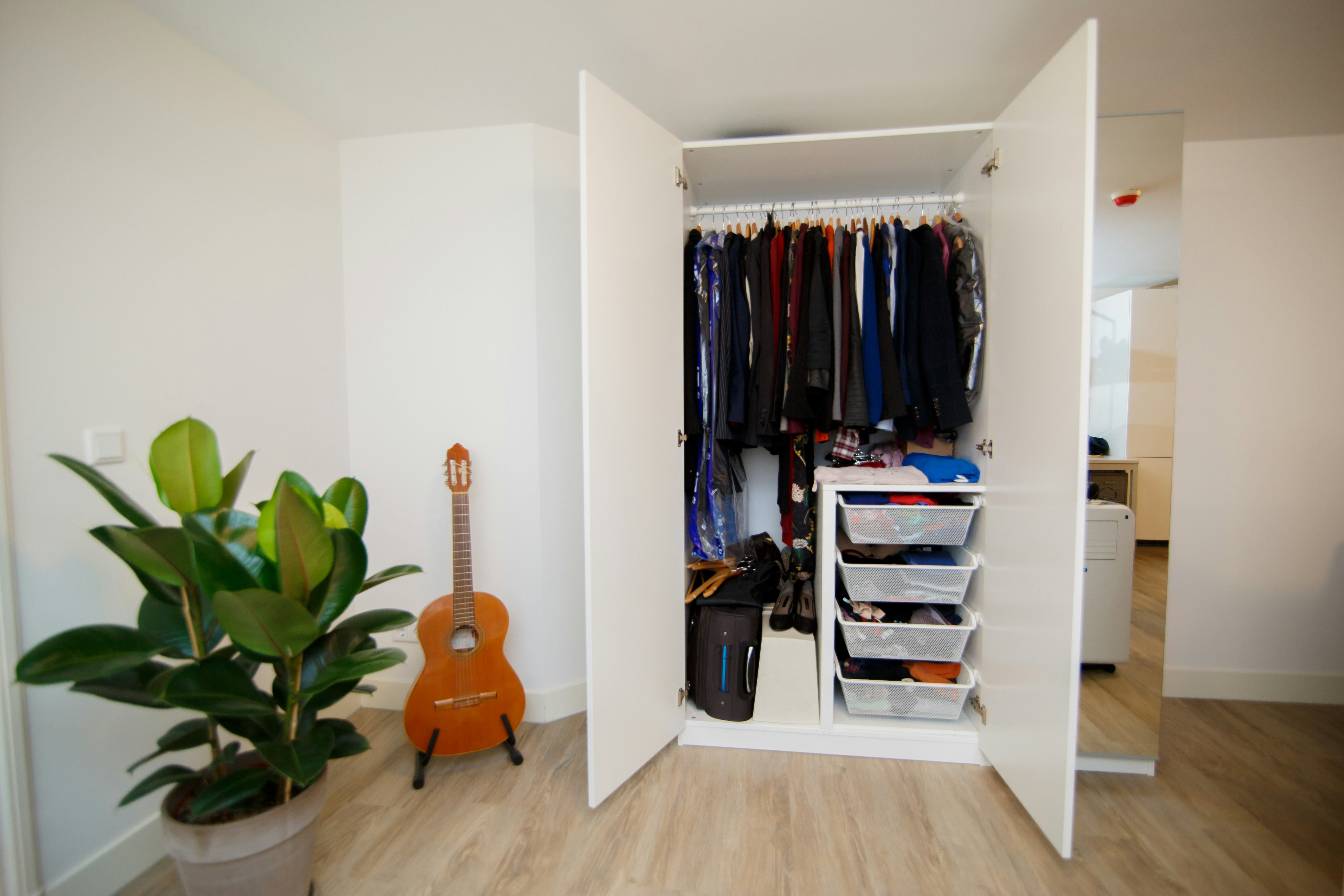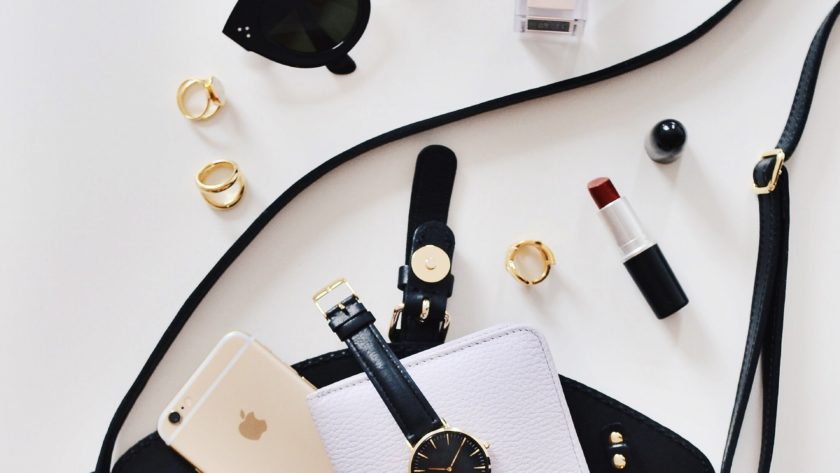You, like a lot of people, may have a favorite accessory that you never want to leave the house without. From a necklace that just works with every outfit to a watch that’s been passed down through your family for generations, you care about this item, and it makes you feel more at home in your own skin. For many people, this accessory is a wedding ring, which not only has personal significance, it also may have been quite an investment.
On the flip side, your favorite accessory may not be jewelry. It could be a purse or wallet that you bought from a vintage store. You need to take care of these special items no matter what material they’re made out of. Since they experience so much love, they’re bound to show some wear and tear.
Some people care so much about their accessories that they’re afraid to even wear them in their daily life for fear of causing damage or losing the item all together. What’s the point of it being your favorite if you’re too afraid to show it off? Properly maintaining the accessory can certainly mitigate some of this risk. Here are the best ways to care for your favorite accessory.
Fix small issues before they multiply.
Just like you prioritize having your car serviced because it’s imperative to the health and longevity of your vehicle, you should consider taking your accessories in for regular check-ups. In terms of jewelry, this is a straightforward process. Take your necklace, ring, or bracelet into a company that specializes in jewelry repair. A jewelry repair shop will be able to resize your jewelry item if needed, ensure that its gemstones are securely in their settings, re-tip prongs, and clean your piece, so it looks shiny and new. Even if your accessory looks fine to the naked eye, a jewelry store will be able to assess its true condition up close and personal with top of the line technology. It could be the difference between losing your engagement ring diamond and being able to pass it down to your children.
Truly, a great way to keep your accessory in tip-top shape is to take it in for maintenance and small repairs. A jeweler may be able to handle watch repair as well as look at bracelets or rings you own and admire. For textiles, like a purse or scarf, there are actually still clothing repair shops that would most likely take a look at your item. Although many people prefer to throw away frayed accessories, there may still be hope for fabrics that need some love. In the long run, more frequent maintenance may save you money and ensure that your accessory stays in great condition.
Avoid traveling with your favorite accessory.
Although it’s tempting to take your favorite item everywhere, you may want to consider having it skip your next vacation. If you misplace it at the hotel, depending on the hotel’s policy, they’re most likely not responsible for sending it back or even informing you that it’s been found. Accessories don’t usually take up a lot of room, so it’s easy to miss them when you do your final room sweep to double-check that you’re entirely packed. Not to mention, your accessory may not hold up well in a different environment.
Swimming in jewelry may result in a lost gemstone, which would be impossible to find in the pool, much less the ocean. You don’t want to end up having a negative experience on your vacation and in a bad mood the whole time because you weren’t careful with one of your favorite possessions. Even if you make it through the whole trip, it’s easy to lose little things in transit, so if you insist on bringing an accessory with you, make sure you wear it to and from the airport. Ultimately, it’s much better to go to a jewelry outlet and find a stand-in for your favorite piece. That way, if you misplace it, you won’t be devastated.
Put thought into your accessory’s storage.

When you’re not showing off your accessory, it’s important that you store it properly in between uses. It’s easy to be forgetful and just shove an accessory into your overflowing closet, but that could result in unwanted damage. Even if you think you’re being responsible about where you house your accessory, consider the weaknesses of the location. For example, if you’re housing special items in a wardrobe, make sure that the wardrobe is in an environment suitable for your item. If it’s close to a water source that could flood your home, everything inside might be lost. Temperature can also really affect old fabrics, which is why you see historical clothing in temperature and moisture controlled enclosures.
Teach your partner how to take care of your favorite items.
Many a sweater has been shrunk by a well-meaning husband who doesn’t know what “dry clean only” means. If you really want your life partner to become a better husband, avoid unnecessary laundry confrontation, and ensure that your favorite fabric accessories are taken care of, take the time to walk him through everything. You don’t actually need to exclusively handle your own laundry; you just need to clearly spell it out for him. If it comes down to it, make a spreadsheet. Every professional theatre has a list of a production’s costumes and how they should be laundered. It might seem dramatic to go to these lengths, but it will ensure that your special items are handled properly.
It’s okay to be attached to special accessories. Your accessories tell a story, and more specifically, they tell your story. It’s an outward expression of who you are on the inside, an important commitment you’ve made to your romantic partner or a sliver of your family’s history. That’s why it’s important to go the extra mile to care for these items. By taking your item to a professional for maintenance, swapping it out when conditions aren’t ideal, storing it properly, and teaching others in your life how to handle it, you’re sure to have many more great years with your favorite accessory.



